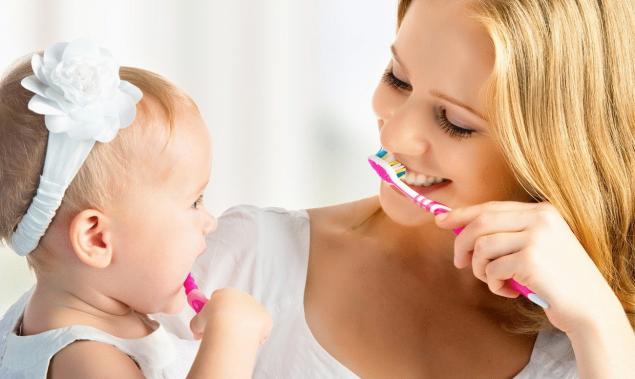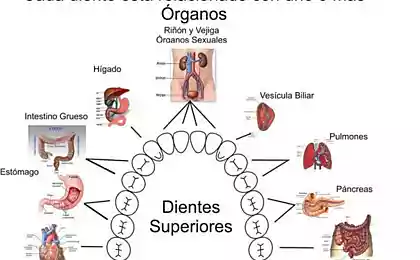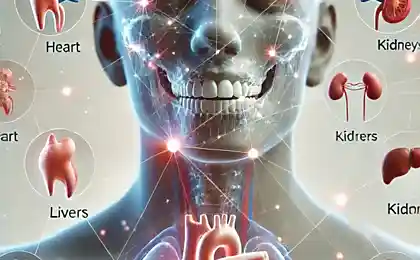131
Gigiena rta important in picketing
The researchers found a community of bacteria living in the placenta, the organ that nourishes the developing fetus through the umbilical cord. The discovery reverses the popular belief that the placenta is sterile. Scientists are confident that these microbes can come from the oral cavity, arguing that good oral hygiene may make a difference to a healthy pregnancy.
Christie Egerd and colleagues at the Medical College in Houston studied the communities of bacteria, viruses and fungi that live in our bodies. They looked for the placental microbiome by analyzing the collected placentas from 320 pregnancies.
After extracting the DNA and quantifying the microbial species, the scientists found that the mixture of bacteria looked more like the oral microbiome than the communities of microbes in the vagina, skin or intestines. Researchers believe that microbes enter the placenta from the oral cavity of a pregnant woman through the blood.
Indirect confirmation of this is the known correlation between gum disease and premature birth. The mass of bacteria in the placenta is different in those born before 37 weeks.
Egerd says, “This again highlights the importance of oral hygiene.” In addition, according to the expert, attention should be paid to healthy teeth before pregnancy. After all, the placenta begins to develop in the early stages. However, perinatal researcher Romero warns that it is too early to say how the placental microbiome formed. Perhaps the bacteria lived in the uterus and developed in a way that resembled microbes in the mouth.

Source: nauka24news.ru/
Christie Egerd and colleagues at the Medical College in Houston studied the communities of bacteria, viruses and fungi that live in our bodies. They looked for the placental microbiome by analyzing the collected placentas from 320 pregnancies.
After extracting the DNA and quantifying the microbial species, the scientists found that the mixture of bacteria looked more like the oral microbiome than the communities of microbes in the vagina, skin or intestines. Researchers believe that microbes enter the placenta from the oral cavity of a pregnant woman through the blood.
Indirect confirmation of this is the known correlation between gum disease and premature birth. The mass of bacteria in the placenta is different in those born before 37 weeks.
Egerd says, “This again highlights the importance of oral hygiene.” In addition, according to the expert, attention should be paid to healthy teeth before pregnancy. After all, the placenta begins to develop in the early stages. However, perinatal researcher Romero warns that it is too early to say how the placental microbiome formed. Perhaps the bacteria lived in the uterus and developed in a way that resembled microbes in the mouth.

Source: nauka24news.ru/
























